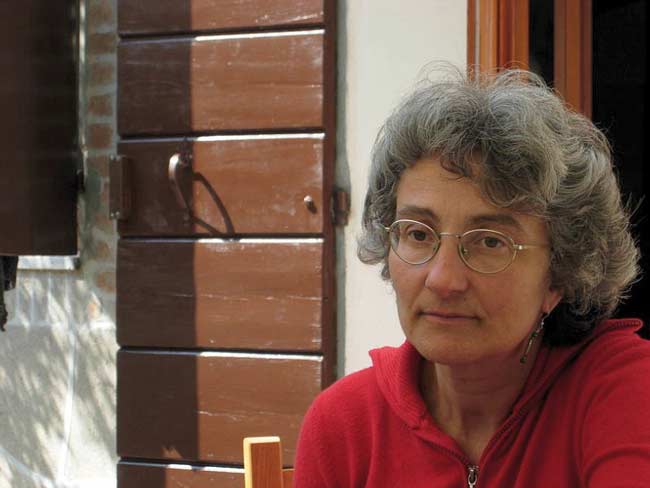Anxiety May Increase With Age

Question: You know, I thought maturity with its wider perspective on life would bring me some peace, but I’m more anxious now than when I was younger. Is that common among geezers?
Because the stresses of health problems, losses and and other major life changes build up as we get older, we tend to become anxious. Some surveys suggest that one in five older adults suffer anxiety symptoms that require treatment.
In addition to psychological causes, medical disorders common in older adults can be directly responsible for the anxiety we feel. These include heart disease, neurologic illness, thyroid and other hormone problems. In addition, anxiety can be a drug side effect. And seniors take a lot of medicine.
Until recently, anxiety disorders were believed to decline with age. There has been more research into depression and Alzheimer’s than anxiety among seniors. But mental health experts are altering their views about anxiety.
Anxiety disorders in seniors have been underestimated for several reasons. One of the main reasons is that older patients are more likely to emphasize their physical complaints and downplay emotional problems.
Anxiety disorders are serious medical illnesses that affect approximately 40 million American adults. They all involve excessive, irrational fear. Anxiety disorders are chronic and can worsen if untreated.
Panic disorder brings on sudden, unpredictable attacks of terror. These attacks create additional anxiety because victims worry about the next one. Older adults who get panic attacks usually had them when they were younger.
Get the world’s most fascinating discoveries delivered straight to your inbox.
The following are some symptoms: pounding heart, perspiration, dizziness, fainting, numb hands, nausea, chest pain, feeling that you’re smothering, fear of loss of control, a sense that you're losing your mind or about to die.
If you have obsessive-compulsive disorder (OCD), you may be haunted by unwelcome thoughts or the need to engage in rituals. You may be obsessed with germs or dirt, so you wash your hands repeatedly. You may feel the need to check things repeatedly.
The disturbing thoughts are called obsessions, and the rituals that are performed to try to prevent or get rid of them are called compulsions. Victims of OCD consume at least an hour a day with their compulsions.
Post-traumatic stress disorder (PTSD) can develop after a frightening experience. Often, people with PTSD have repeated memories of the experience both during their waking hours and in nightmares. A person having a flashback may believe that the event is real.
Victims of PTSD may have trouble sleeping, feel detached, or be easily startled. They may have intimacy problems. They can become aggressive or even violent.
Social phobia, also called social anxiety disorder, involves excessive self-consciousness in social situations. People with social phobia are afraid of being judged by others and being embarrassed by their own actions.
Social phobics can be afraid of one type of situation or they may experience symptoms almost anytime they are around other people. Symptoms include blushing, sweating, trembling, nausea, and difficulty talking.
A specific phobia is an exaggerated fear of one thing. Some of the more common specific phobias are triggered by heights, animals such as snakes, closed spaces, and flying.
Generalized anxiety disorder (GAD) means excessive worry about a variety of things or life in general. People with GAD expect the worst and seem unable to relax. Often, they have trouble falling or staying asleep.
Anxiety disorders are treated with medication and psychotherapy. Both approaches can be effective for most disorders. Anxiety disorders are not all treated the same, so it is important to determine the specific problem first.
Although medications won't cure an anxiety disorder, they can keep the symptoms under control and enable people to have normal lives.
The Healthy Geezer column publishes each Monday on LiveScience. If you would like to ask a question, please write fred@healthygeezer.com. © 2010 by Fred Cicetti.


